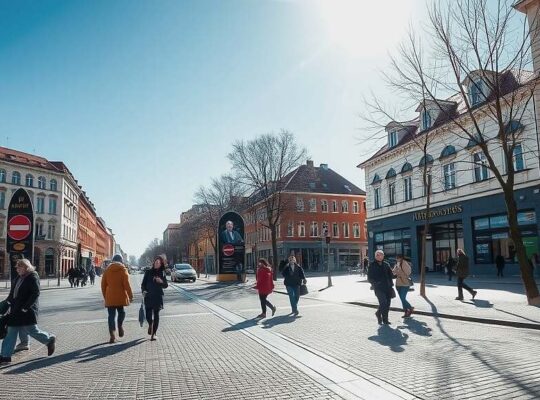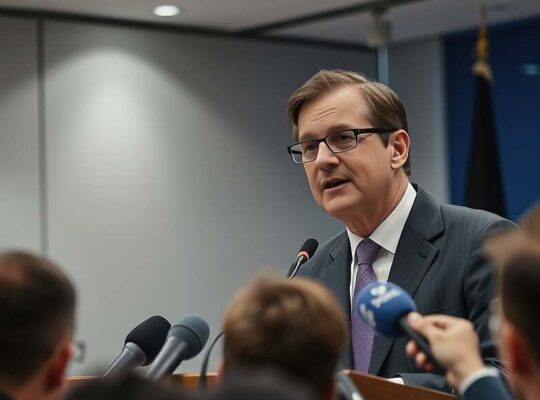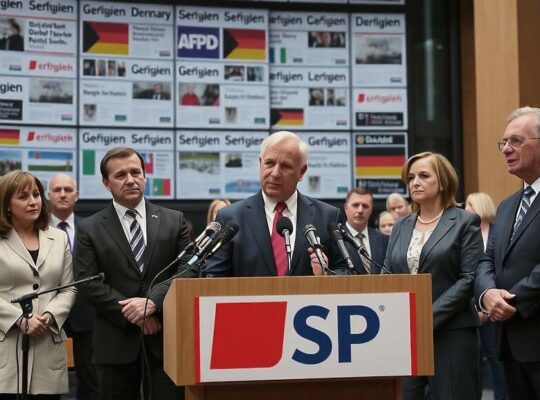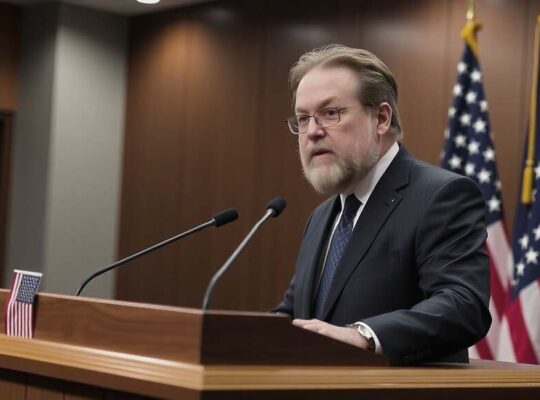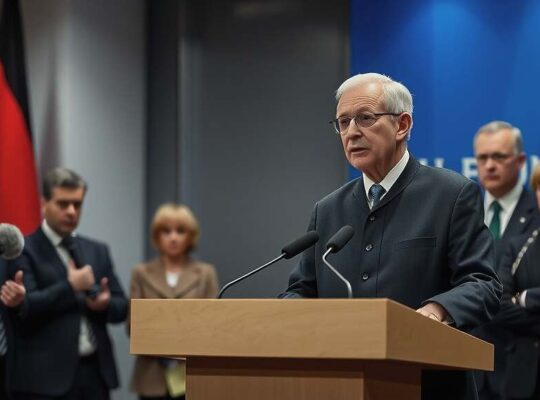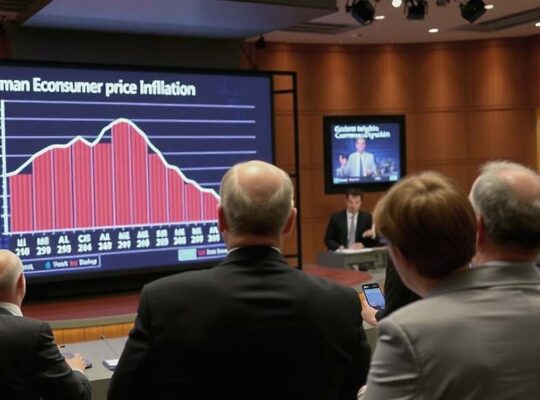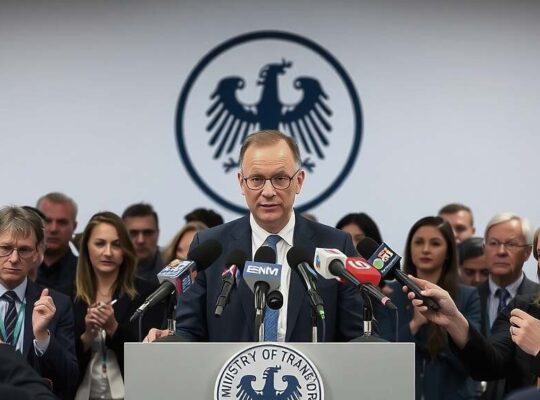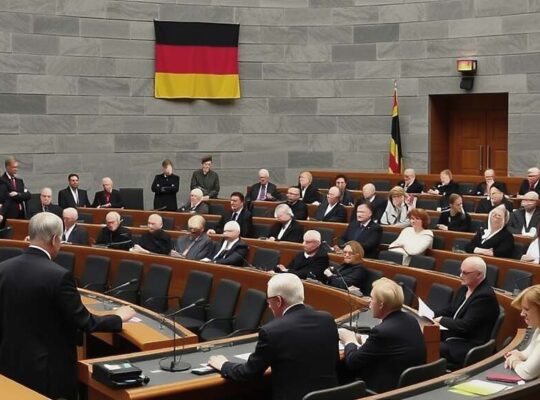The parliamentary committee on electoral oversight is poised to reject a formal challenge filed by the Sahra Wagenknecht-led “Alliance Sahra Wagenknecht” (BSW) against the results of the recent federal election, a decision that has triggered a fiery response from the party’s founder and signals a potential legal showdown before the Federal Constitutional Court.
According to reports citing an internal draft resolution, the committee is expected to dismiss BSW’s complaint during a session scheduled for December 4th. This anticipated decision, leaked to the media outlet “Table Briefings” reveals a deep-seated reluctance among committee members to authorize a recount, driven by the perceived threat that a revised tally could destabilize the parliamentary majority of the conservative CDU/CSU-led coalition, potentially bolstering BSW’s presence in the Bundestag and jeopardizing a government led by Friedrich Merz.
Sahra Wagenknecht, in a statement released to the “Redaktionsnetzwerk Deutschland” condemned the anticipated rejection as a victory for “those who despise democracy”. She framed the committee’s expected decision not as an impartial assessment of electoral fairness, but as a calculated effort to suppress a political force that has demonstrably shaken the established order.
The BSW’s formal complaint centers on alleged irregularities during the election process and questions the validity of the results given the narrow margins separating parties. Wagenknecht emphatically insists that a recount is vital, arguing that the possibility exists – supported by unnamed “unbiased observers” – that the BSW may have garnered more than five percent of the vote. She characterizes the cost of a recount as minimal compared to the imperative of upholding democratic principles.
The impending legal action by BSW represents a significant escalation in the ongoing political tensions within Germany. While the Electoral Oversight Committee’s expected decision might be perceived as upholding procedural norms, Wagenknecht’s strong condemnation and the promise of a Constitutional Court challenge casts a stark light on the anxieties surrounding the rapid rise of BSW and the fragility of the current political landscape. The legal proceedings are widely expected to become a focal point in the debate over electoral integrity and potentially influence future election processes.



